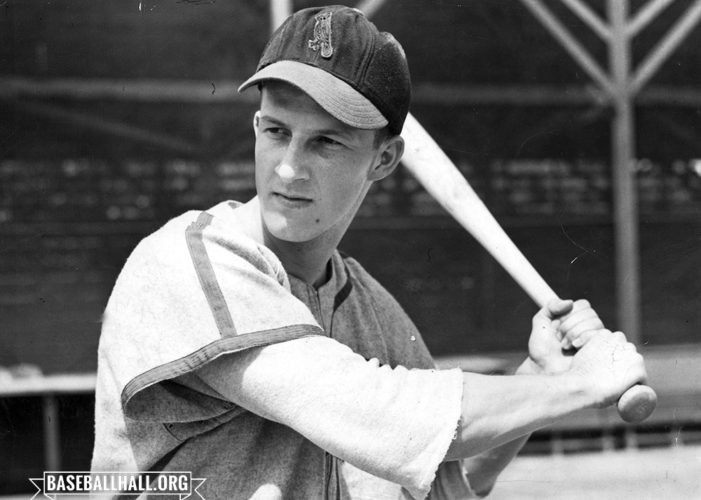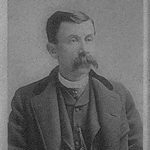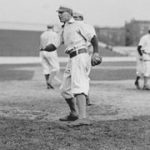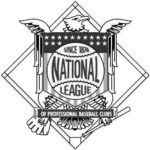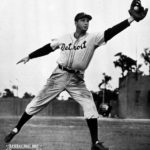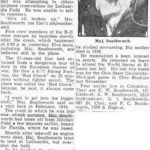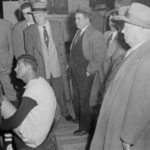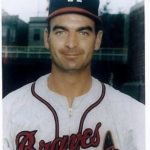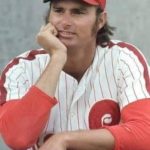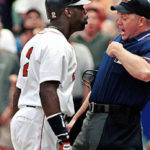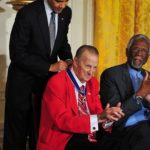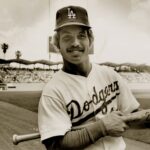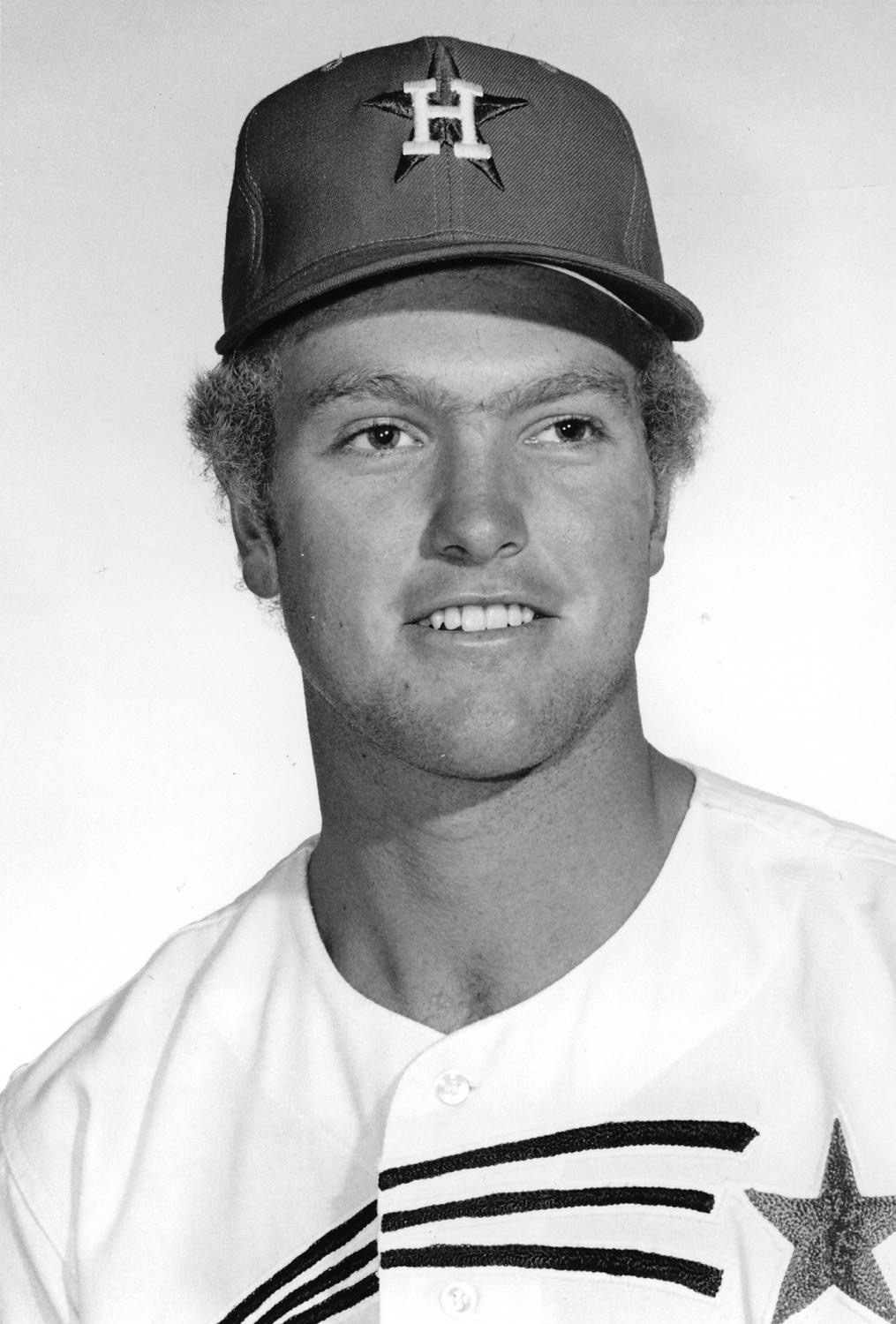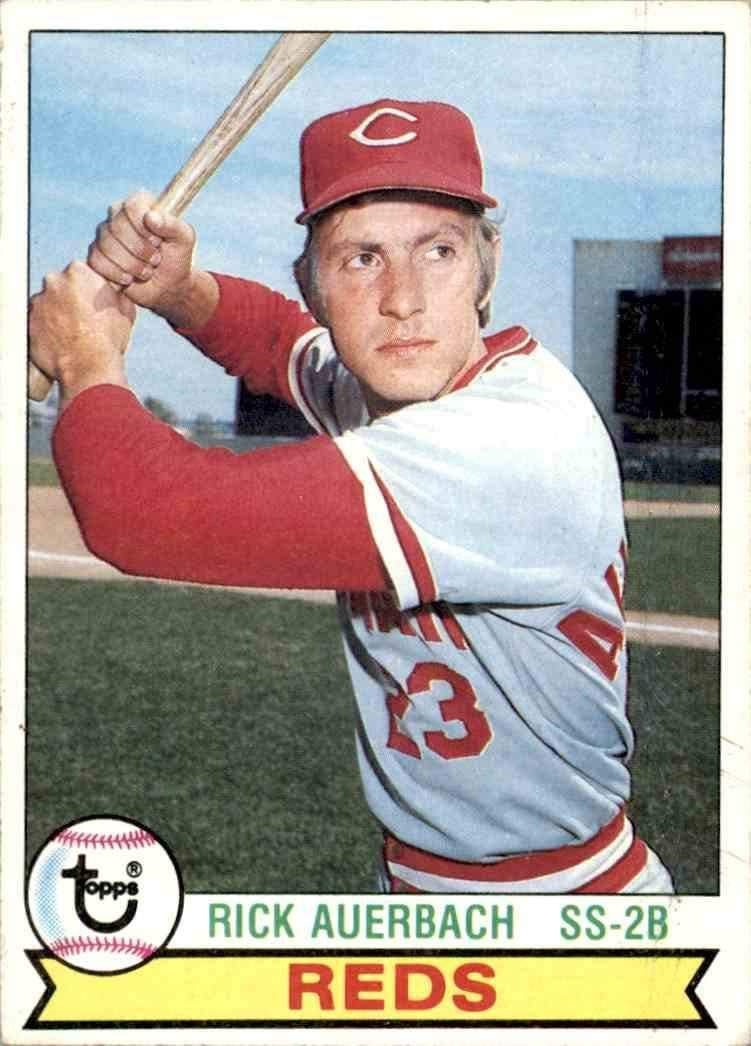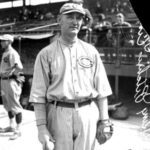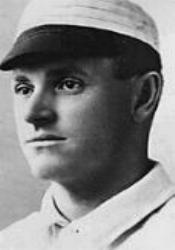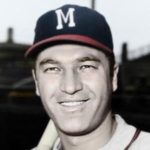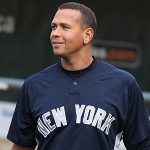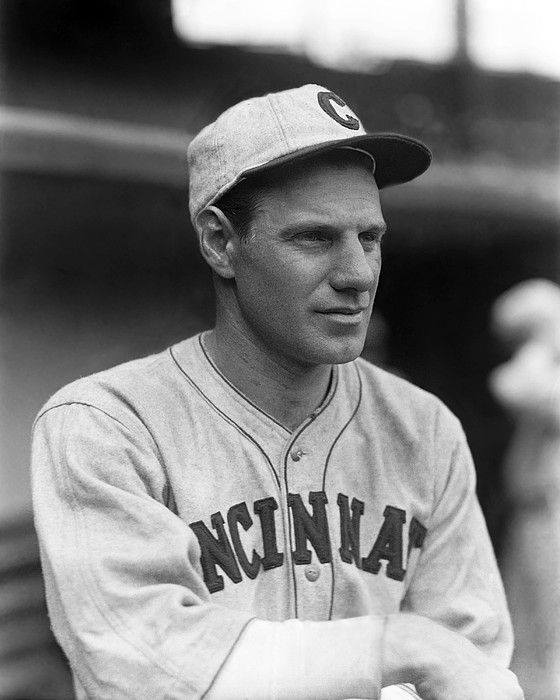The history of sports is both vast and rich, thanks to the existence of so many different events and the longevity associated with them. With so much history to cull through, We offer the opportunity to look back and see what memorable things happened or milestones were reached on This Day In Baseball February 15
This Day In Baseball February 15 highlights . .
- On February 15 1905 — Accused of throwing games, St. Louis Cardinals righthander Jack Taylor is acquitted by the National League Board of Directors in New York, but he is found guilty of bad conduct and fined $300.
- On February 15, 1916, a Hall of Fame owner sells a Hall of Fame player. Philadelphia Athletics owner Connie Mack sends third baseman Frank “Home Run” Baker to the New York Yankees for $37,500. Baker had refused to play for Mack in 1915. Baker will never return to his level of play with the A’s but will finish out his career playing 6 of next 7 years with the Yankees hitting .288 with 347 RBI’s.
- On February 15 1957 — A Boston newspaper claims that Ted Williams never paid his $5,000 fine for spitting at the crowd. It refers to him mockingly as the “Splendid Spitter.”
- On February 15, 1980, the San Diego Padres trade future Hall of Famer Gaylord Perry, Tucker Ashford and Joe Carroll Texas Rangers for first baseman Willie Montanez. Perry won 12 games for the Padres in 1979, posting an ERA of 3.06. Perry will struggle with Texas, losing nine of 15 decisions before a mid-season trade to the New York Yankees.
- On February 15 , 2006 — Reaction continues to simmer over a memoir published by Astros broadcaster Milo Hamilton, who is in his 22nd year with Houston. While he has some critical comments for local folks, the national media focuses on Hamilton’s portrayal of deceased Cubs broadcaster Harry Caray as “a miserable human being”. Caray’s widow, Duchie, responds that Hamilton hasn’t “shown any class at all”. In the Chicago restaurant that bears Caray’s name, a new drink called the “Milo” is christened made of “cheap shots and sour grapes”.
- On February 15, 2011 Stan Musial receives the Presidential Medal of Freedom, an award in which the honorees are selected by the sitting president, from Barack Obama. The Cardinals’ legend, who benefitted from the local grass-roots effort on his behalf, joins major leaguers Hank Aaron, Moe Berg, Jackie Robinson, Roberto Clemente, and Ted Williams, as a recipient of the most prestigious honor given to a United States civilian. “This is the top honor that I’m ever going to receive,” Musial told the St. Louis Beacon in his hotel room before the ceremony.
- Born: February 15, 1948 in Tacoma, WA Ron Cey, Part of the Los Angeles Dodgers infield of the 1970s and early 1980s that remained together as starters longer than any other major league infield, Ron Cey made key contributions to five division-winning teams and one world championship club during his 17-year career. A product of the Dodger farm system, the hard-hitting third baseman teamed up with first baseman Steve Garvey, second sacker Davey Lopes, and shortstop Bill Russell for eight and a half years to give Los Angeles the most enduring infield in major league history. The four men helped the Dodgers win four National League pennants and one World Series between 1974 and 1981, before Cey helped lead the Chicago Cubs to within one victory of the 1984 league championship. Along the way, Cey earned six All-Star nominations and one World Series MVP trophy, while hitting 316 career home runs.
- Born: February 15, 1866 in Newark, NJ Billy Hamilton revolutionized the game of baseball, making the head-first slide, the first-to-third advance on a base hit, and the drag bunt staples of the game in the 1890s. He won two batting titles and his .344 career average is sixth on the all-time list. In 1894 he set a record that may never be topped, scoring 192 runs for the Phillies. With Philadelphia, he teamed with Sam Thompson and Ed Delahanty to form one of the greatest outfields of all-time. Despite his record-setting career, Hamilton did not earn entry to the Hall of Fame until 1961 — 21 years after his death and 60 years after he played his final game.

